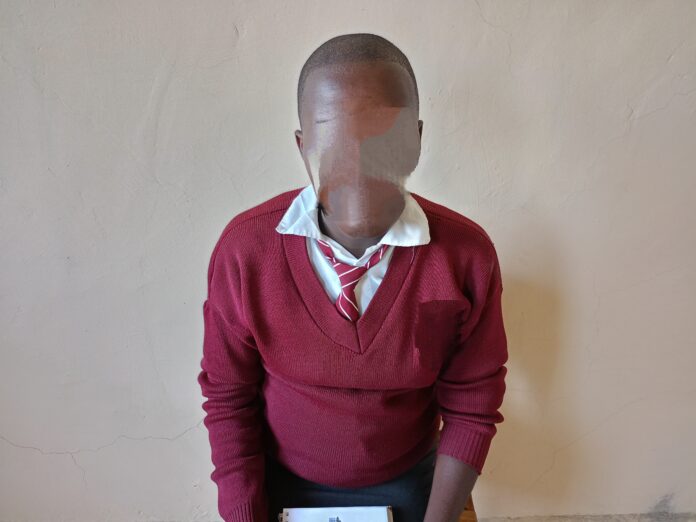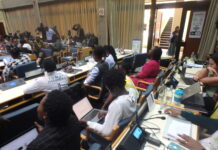By Juliet Akoth
Kisumu County, Kenya: It’s barely 10 am and the temperatures have already hit 33 degrees Celsius in Kanyipola village in Ombaka sub-location, Kisumu County.
Elizabeth Atieno, a resident, sits silently in front of her makeshift home, a displacement camp tent. She is keenly watching her daughter Kindle a three-stone cooking fireplace.
Upon acknowledging our arrival, Elizabeth warmly welcomes us.
“We were forced out of our homes in Kakola village in 2019 after our village was hit by floods,” she said. “Until now, we haven’t gone back because our house is still submerged in the water.”
This is what led her and her family to seek shelter at Nyamasao Primary School but things took a turn for the worse when schools reopened and they had to find a new place to call “home”. So, she and her husband decided to integrate into the compound of a family in higher ground instead of moving to another temporary displacement camp.
“We sought permission from the owners of this compound and it was a relief when they accepted our request to erect our makeshift tent in their compound,” said the mother of eight. She said the host family has tremendously supported them, and since the tent was too small to accommodate the whole family, their children, both boys and girls have found separate houses in the homestead where they spend their nights.
Despite the small wins, the family still faces a myriad of challenges. Out of her eight children, only three are school-going. As a result of no stable source of income, her children are often sent back home due to fee arrears.
“Before the flooding and the displacement, my husband and I used to be great farmers. We earned our income through selling our farms’ produce but our farmlands were all swept away during the flooding,” she lamented.
Atieno recently ventured into the maize selling business while her husband Mark Onyango is a fisherman. She started this business after Onyango fell ill in early January this year and he is yet to fully recover and resume work. But she says the new business is already on the verge of collapsing as the same maize is being used to feed the family.
On his end, Onyango decried the dwindling catch of fish due to a number of contributing factors that had significantly lowered the amount of capital he got from his fishing escapades.
“Just like us, other families were also displaced from their homes and their farms swept away. Therefore, the other readily available income generating activity is fishing and so currently there are so many fishermen competing for fish which has led to vile practices like overfishing and low market prices,” he explained.
To add salt to injury, the makeshift tent they have set up becomes very hot during the day and thus unbearable to stay inside. The opposite applies for the night and early morning when it is extremely cold. However, the family has continued to maintain a positive outlook through it all.
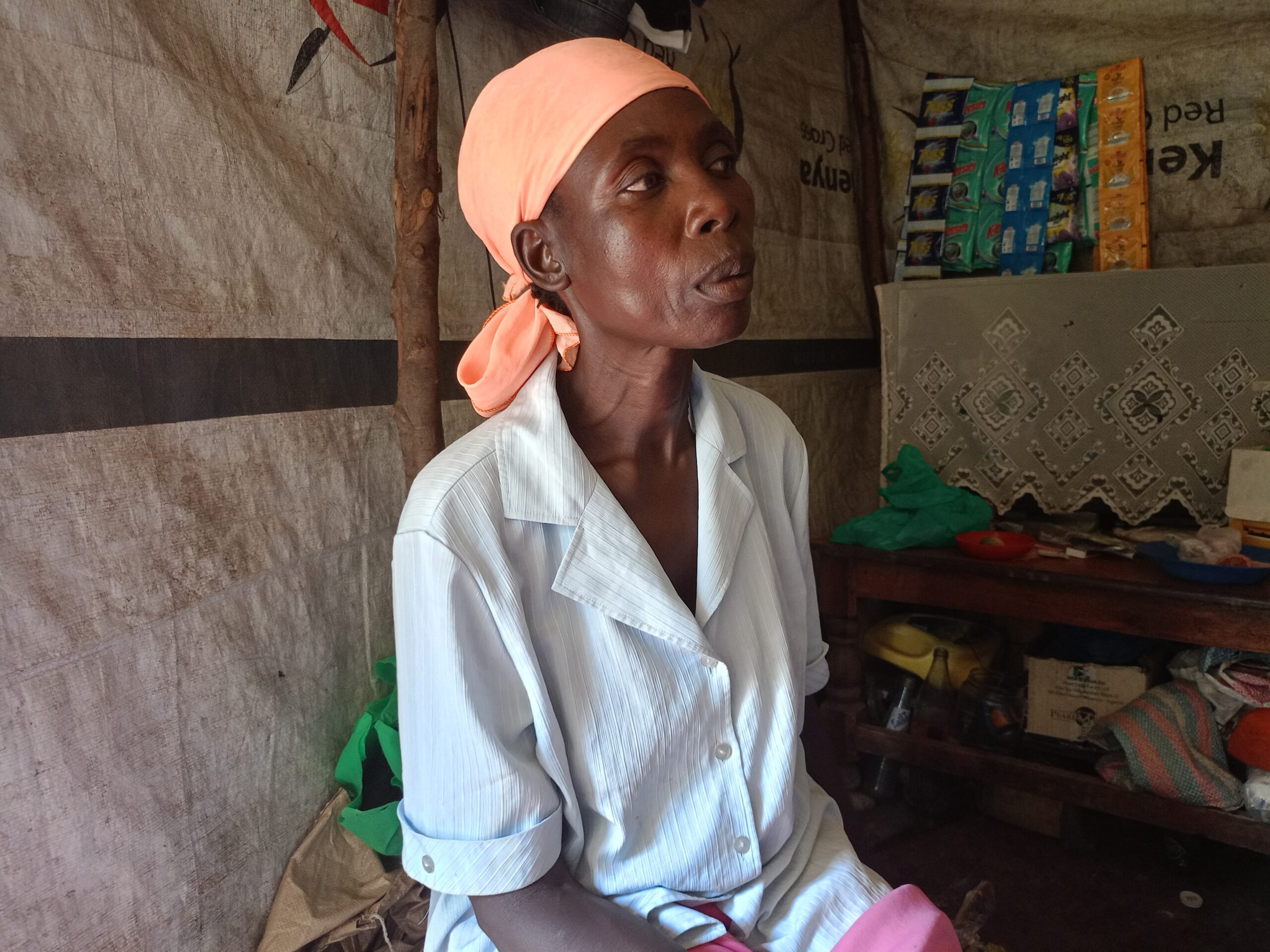
About eight kilometers northeast of Ombaka lies Ahero where several families are also recovering from the aftermath of flash floods caused by spilled waters of River Nyando in Kamidumbi village. Sharon Atieno, a 26-year-old mother of two reveals her ugly experience with the floods.
“When the waters hit, we sought accommodation at the Assistant County Commissioner’s premises,” she said. “However, it is not safe per se because of the large number of people seeking shelter but there is no alternative.” Atieno’s children caught malaria and cold flu during this period.
Millicent Achola, 35-year-old mother of four said, “The flood waters have a frequency of invading our homes in the dead of night when we least expect it, ruining most of our belongings.”
Furthermore, Achola has a 12-year-old asthmatic son who is constantly affected by the frequent flooding and temporary displacement. “The frequent flooding has affected the health of my son as I have stayed here for a long time. He uses an inhaler but when it runs out, I take him to the Ahero County Hospital where he is given three injections to decongest his chest and this costs Ksh. 600 which is costly to maintain.”
She laments that teachers are not understanding the plight of displaced students. Two of her children go to Kochogo Secondary School which is quite a distance from her house yet they are sometimes chased from school due to fee balances or failure to do school assignments.
Increased Cases of Teenage Pregnancies
Stephanie (not her real name) is a 17-year-old Form 4 student at Ombaka Secondary School. She and her family were among victims of displacement last year after their house was marooned by backflow water from Lake Victoria in Kaloo village. She is currently seven months pregnant but even that has not stopped her from making her way to school every day at the crack of dawn.
“In April 2023, we got displaced and during this time, I met new people who had also fled their homes due to this menace and we instantly became friends because we used to spend a lot of time together,” she said.
Her family had found an abandoned house near Oyuma market whose owner had passed on and that’s where they resided. Stephanie and her friends would hang out in the market area many a times and it was during one of these rendezvous that she got introduced to Omondi, a fisherman who became her boyfriend, joining the pool of her friends who already had boyfriends.
Things happened fast and in less than two months, she was pregnant. However, her mother convinced her to keep going to school.
Stephanie’s mother said she could not sit back to watch her daughter walk this journey alone. “She felt guilty, but I had to assure her that I was there for her,” the mother said.
For 18-year-old Faith (not her real name), her baby is now one month old. The second born in a family six siblings is under the care of her mother after losing her father about seven years ago. In April 2023, the family was displaced from their home in Kasiwindi village and were accommodated at Nyamasao Primary.
“Life became difficult and I could not afford some basic needs. This exposed me to men,” she said. Faith is currently a student at Kanyagwal Secondary School courtesy of her mother who accepted to take up the responsibility of nursing her child when she went back to school.
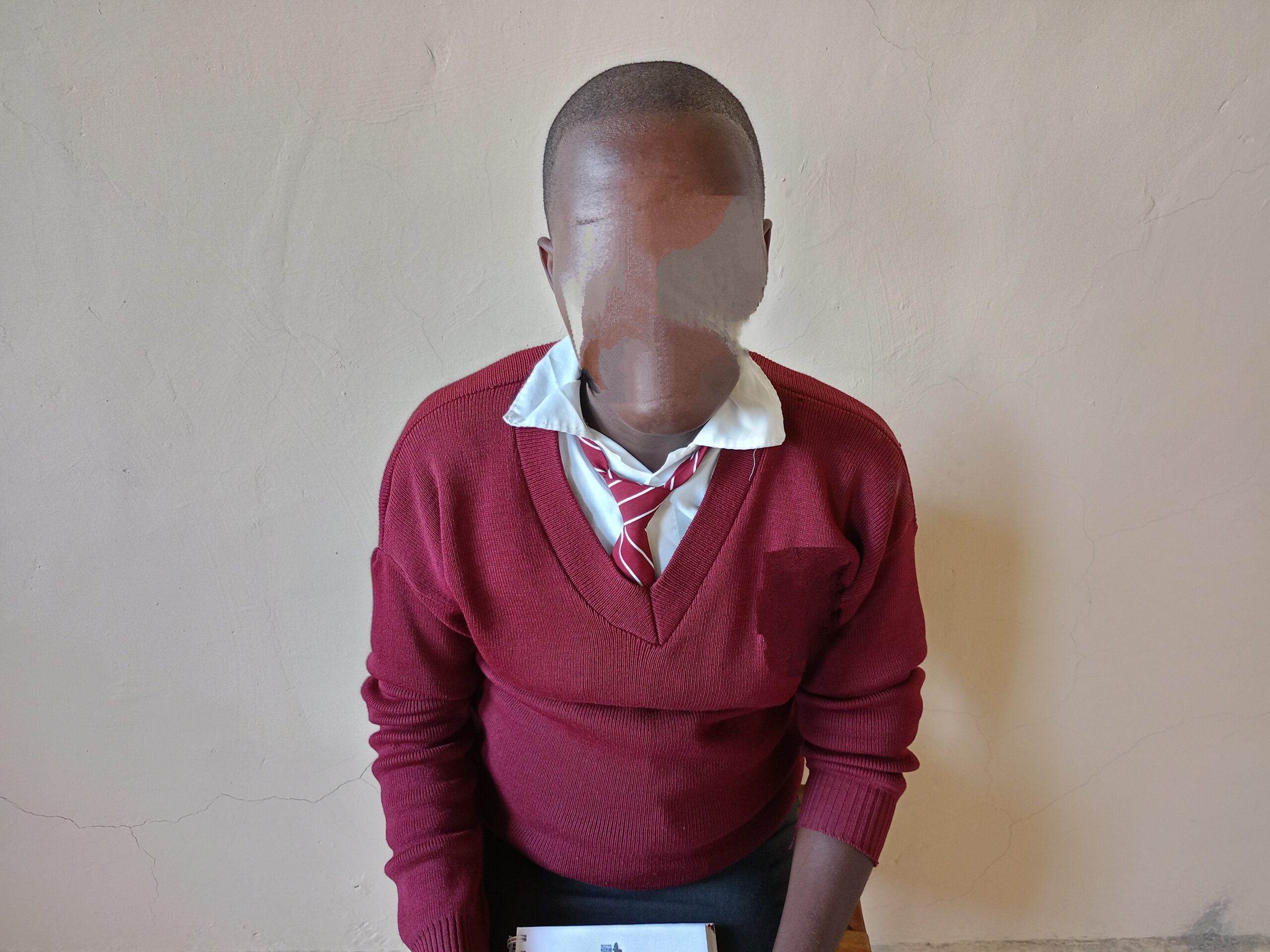
Her mother says it has not been easy to juggle various responsibilities while taking care of her grandchild. “Apart from struggling to put food on the table, I have to babysit so that my daughter can go to school,” she disclosed.
In Ayweyo area, we meet 15-year-old Joy (not her real name). She sat for her KCPE exams last year and managed 272 marks but she is yet to join secondary school because she is five months pregnant.
During last year’s displacement by floods, her family sought shelter at a local church in the area but the downside was that the youth were only allowed in the camp during the day. At night, they had to find other places outside the church premises to sleep. It was during this time that she met a man, a “boda boda” rider who took advantage of her predicament.
Who is to Blame?
60-year-old Abong’o is a resident of Kanyipola village. Abong’o is currently in charge of 183 displaced persons currently domiciled in Ombaka dispensary camp.
“Our displacement started happening on 9th November 2023 and we’ve experienced numerous challenges since then. We had previously camped at a school but we were forced to move out when schools reopened,” he noted.
In their search for a new camp, they sought clearance from the county government to occupy the dispensary that is not yet in operation. The camp only hosts women who are divided into two groups on the basis of their age. One group contains young to middle aged women while the other group is for older women whose age is 70 years and above.
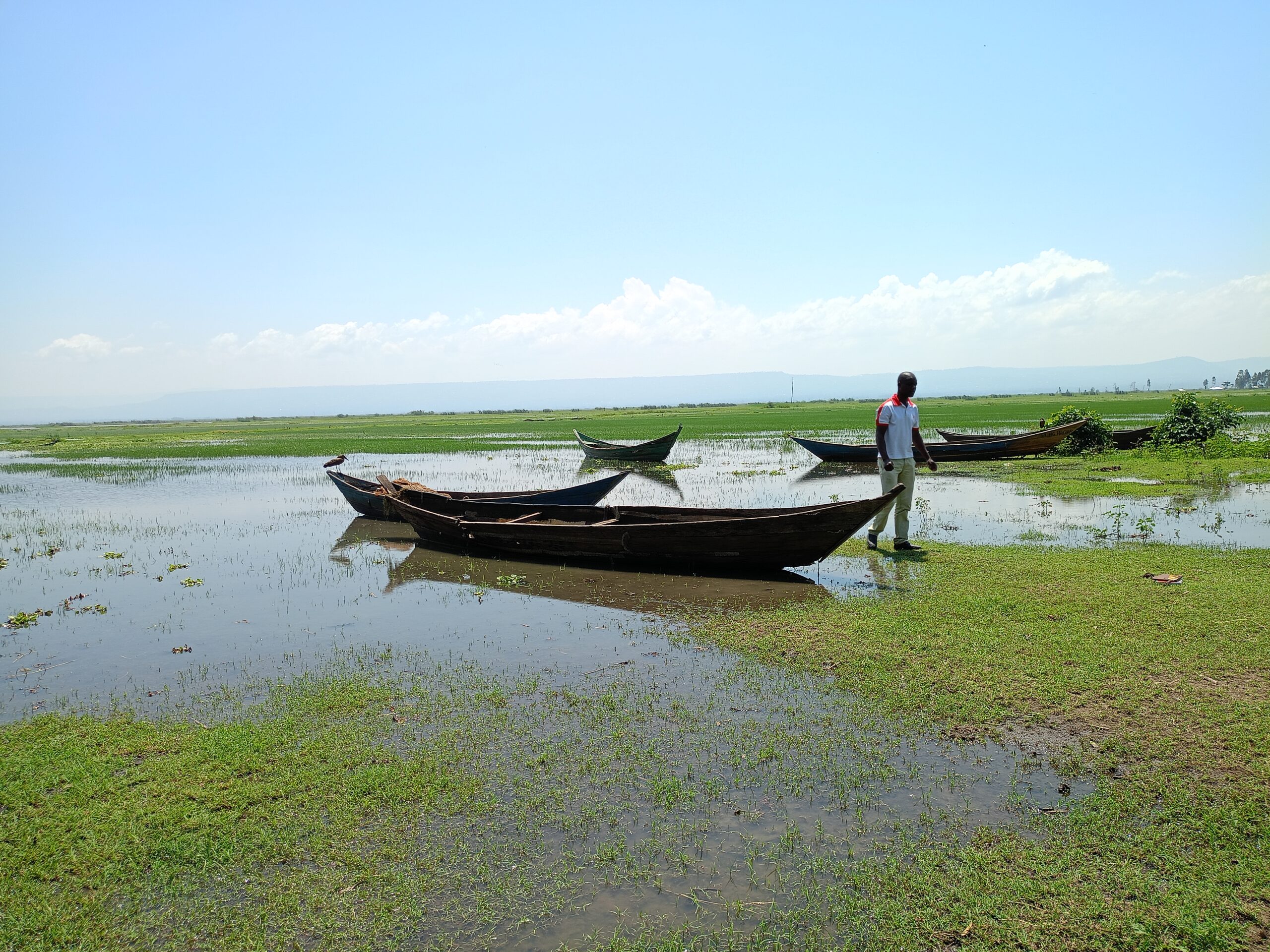
Abong’o highlights that it’s been six years since the constant displacements began and through all this time, he has noticed a worrying trend of signing cases of teenage pregnancies. Even at the dispensary, he said, there are five cases that were recorded, though the girls have all moved with their families either back home or integrated with the community members.
He attributes the increase in teen pregnancy to a number of factors. “In most cases when people move to stay in tents or shelters, the children more often than not are found a central place to sleep because the tents and shelters are usually too small to accommodate families in one place.”
It is through this that some girls fall into wrong groups and get influenced, ending up pregnant. The boys on the other hand may find themselves in bad companies that encourage bad practices like theft. Lack of parental monitoring during this time contributes further to these deviant behaviors.
Intervention by Authorities & Other Partner Organizations
According to Kisumu County Commissioner Hussein Alasow, there are a total of 395 households that have been displaced. Some of these people are still in camps while others have integrated with community members and relatives who are in higher grounds.
The Commissioner confirmed that efforts have been made by both county and national governments to support them through the distribution of food (rice, beans and maize) and non-food items (blankets, nets, jackets).
Additionally, he lauded collaboration with other government agencies and NGOs like Red Cross as a key factor that contributed to effective disaster management of last year’s displacement.
“Our collaboration with private organizations like Red Cross has been very instrumental as they provided tents to residents in the over 28 evacuation centers that were set up during the heavy rains last year,” he noted. However, in the recent times, only 5 evacuation centers spread across the aforementioned hotspot areas are still in operation as many survivors have opted out of the centers.
Supporting his statements, Red Cross’ Kisumu Regional Manager Hellen Maiyo underscored that the collaboration indeed yielded positive results in terms of the number of area residents they were able to reach and help. “As Red Cross, we collaborated with the county’s Ministry of Health in integrated medical outreaches through which many residents got treated for Malaria and Upper respiratory tract infections. Moreover, we channeled all the data we got during our missions at that time to the county commissioner’s office, “Maiyo noted.
Red Cross has been supporting displaced persons since 2019 with food, non-food items and even training them on what do after issuing out early warnings like reinforcing their tents. Maiyo affirmed that communities should be at the center of decision-making on matters of their “movement”.
When it comes to long-term measures of dealing with the two main causes of displacement, the county government has committed to desilting the rivers like Nyando that drain into Lake Victoria and to fast track the construction of the Koru-Soin dam which will be a reservoir for the water. County Commissioner Alasow observed that the backflow from the lake might reduce once the dam is complete. “We hope that by the time the construction of the dam is complete this backflow will not affect people.”
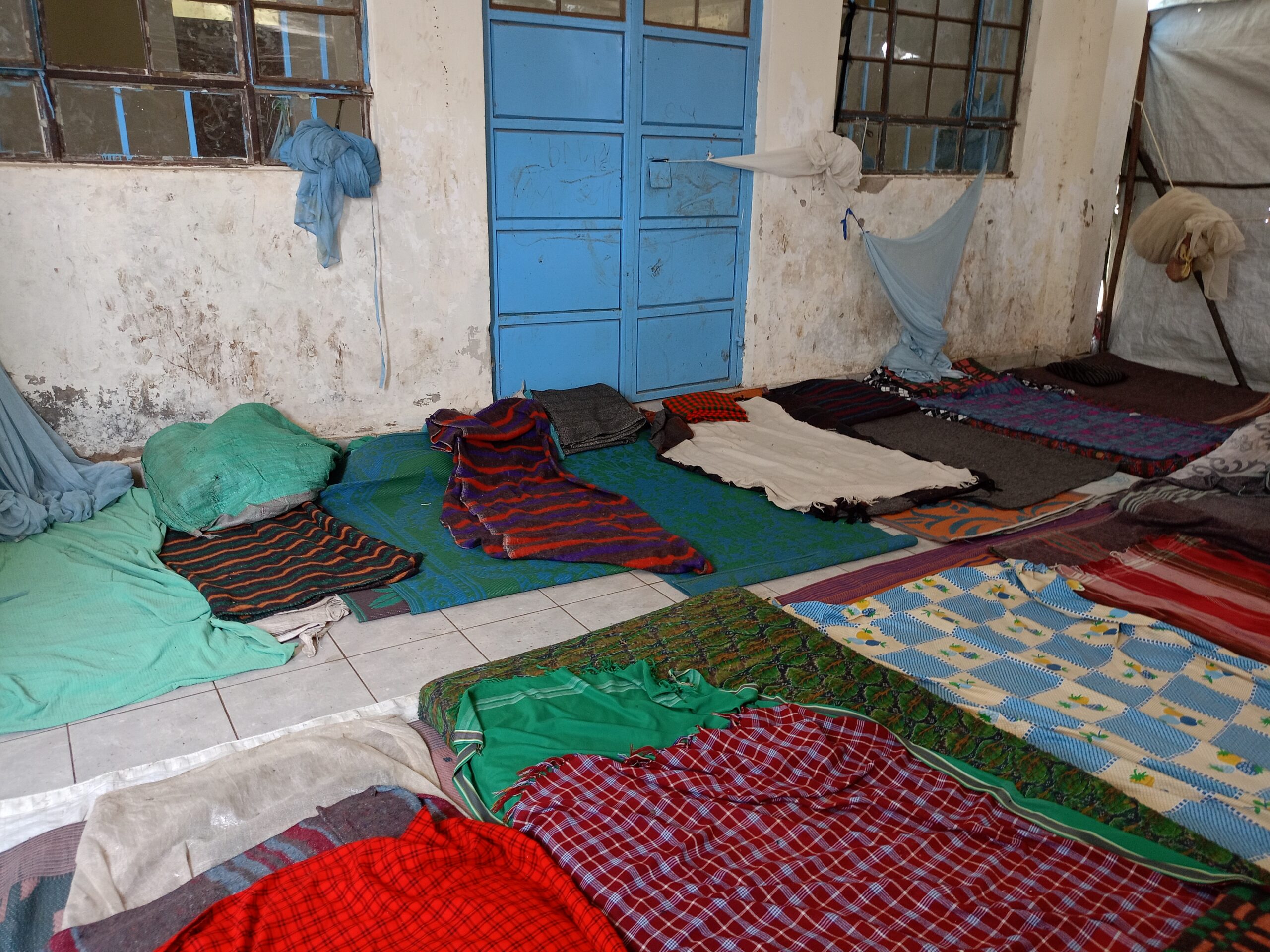
There’s also an ongoing construction of the Singida dyke in Ahero which is nearing completion with only 8 km remaining for the project to be completed.
Apart from issues of people being rendered homeless, there are other issues that come with it like teenage pregnancies as earlier mentioned. In a past statement to the press, the Nyanza Regional Director for Education Nelson Sifuna had assured that his office would engage that of the children department in coming up with an intervention on the matter of teen pregnancies. “We have limits to what we can do, and other government agencies also have parts to play, for example the children department. So, once we complete the mapping, we will have the correct statistics and move with joint intervention,” Sifuna affirmed.
Furthermore, the county has made efforts to award more bursaries and scholarships to students from vulnerable families that have been affected by displacement. However, Ombaka sub-location’s Assistant Chief Neto Achia faulted the selection process of eligible candidates. “Most of the students awarded scholarships are selected based on high academic performance. This selection procedure leaves out many needy students who did not attain the right marks due to the obvious disruptions in their lives yet they could benefit so much from the program,” he declared.

